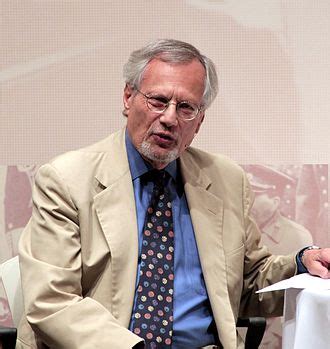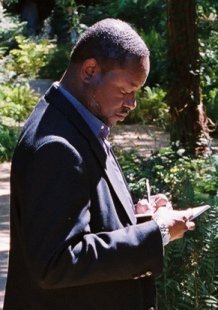A Quote by Patrick Rothfuss
I do this so you cannot help but hear. A wise man views a moonless night with fear.
Related Quotes
You cannot bring about prosperity by discouraging thrift. You cannot help small men by tearing down big men. You cannot strengthen the weak by weakening the strong. You cannot lift the wage-earner by pulling down the wage-payer. You cannot help the poor man by destroying the rich. You cannot keep out of trouble by spending
There is no man ... however wise, who has not at some period of his youth said things, or lived a life, the memory of which is so unpleasant to him that he would gladly expunge it. And yet he ought not entirely to regret it, because he cannot be certain that he has indeed become a wise man -- so far as it is possible for any of us to be wise -- unless he has passed through all the fatuous or unwholesome incarnations by which that ultimate stage must be preceded.




































